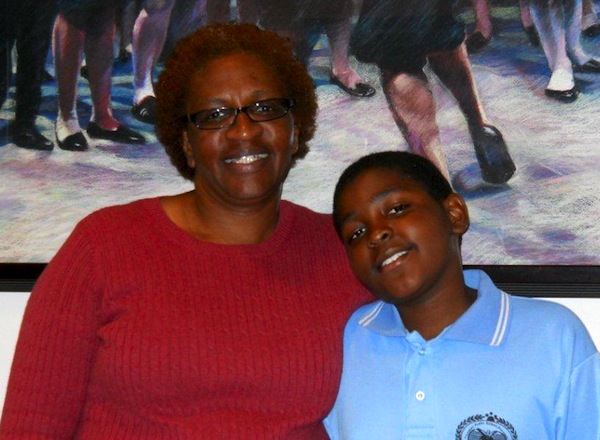The top solution for ending homelessness is creating more affordable homes. The Housing Trust Fund is Washington’s best tool for building and maintaining affordable homes. Because soaring market-rate rent prices are out of reach for many low-income families, the fund is vital for keeping families in safe, decent homes. The majority of people living in homes built by the fund have extremely low incomes, earning less than $19,000 for a family of three.
In some communities in our state, the Housing Trust Fund is the only funding that provides for affordable homes. Many community members have moved from crisis to stability thanks to Housing Trust Fund investment.
In 2014, the legislature did not pass a supplemental capital budget for the first time in over a decade. This means that there was zero new investment in safe, healthy, affordable homes. If we are going to come closer to our goal of ensuring that experiences of homelessness are rare, brief, and not repeated, our state will need to invest in affordable housing in 2015.
How does it work?
Every year, lawmakers vote on how much to invest in the Fund as part of the state capital budget. With encouragement from advocates like you, legislators invest between three and four percent of the total capital budget in the Housing Trust Fund. The Department of Commerce distributes these dollars to Washington communities through local governments and nonprofits. The money renovates houses, creates new homeownership opportunities, and builds new housing developments, including supportive homes for disabled people.
The Fund creates vibrant communities by decreasing homelessness, creating jobs and boosting economic development. It is estimated that every 1,000 units of housing built generates 1,220 jobs, $79 million in local income and $8.3 million in taxes and fees for local governments.
Update (7.1.15)
The final budget included $75 million for the Housing Trust Fund! This was a huge victory, and it was possible because of your advocacy. Way to go!
What can you do?
- Get in touch with lawmakers in Olympia. Thank them for their investment in the Housing Trust Fund. Not sure who your elected officials are? Not a problem! Just call the legislative hotline at 1.800.562.6000, and a friendly operator will look up your lawmakers and take a message for them. Or find your legislators online.
- Share your story. Do you have a story about how affordable housing — or a lack of it — has affected you? Let us know.
More info:
Housing Trust Fund info sheet from the Washington Low Income Housing Alliance
